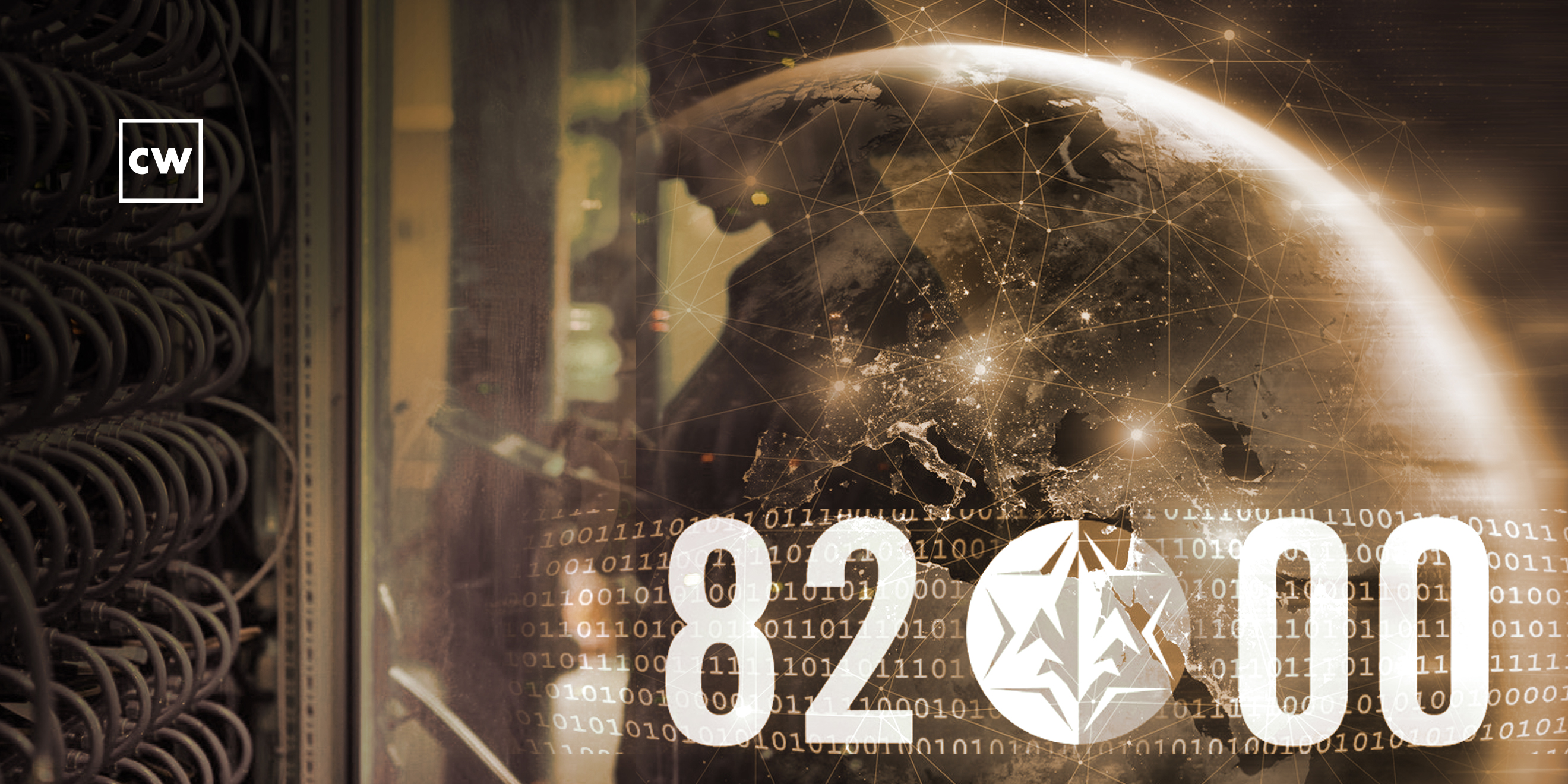
Natali Tshuva: Impacting critical industries. [CEO]
Natali Tshuva: My name is Natalie Tuva and I'm Sternum's CEO and co-founder.
Natali Tshuva: I always knew I wanted to do something which is either related to science or medical. I wanted to become a doctor, but, at fourteen I started my started my undergraduate degree in computer science and this was the first time I got to understand how things work behind the scenes whether it's the game they like to play or building software that can actually improve human life. There was a special program for talented kids in my city and in my area in Israel. I figured this will probably be an interesting thing to do and to learn something new, which I always love doing. It was an entire new world for me, including advanced math and algorithms and software development. And from that point on, it was very clear to me that I wanted to complete this challenge.
Natali Tshuva: So like many people in Israel, this was time for IDF for the Army. I was trained to go to Unit 8200, which is the Israeli intelligence. A lot of cybersecurity experts in Israel goes through this training which involves vulnerability research and exploitation. Also not a lot of girls attending this training course unfortunately. Following that I joined different companies in the Israeli cyber security space, like Cellebrite, an expert in extracting encrypted and deleted information to help law enforcement units to put pedophiles in jail, stop human trafficking. For me, it was how cybersecurity could actually create impact in the real world environment.
Natali Tshuva: At the age of 25, I finished my master's in computer science and if you remember, I mentioned wanting to become a doctor. At age 25 that was the last point in time where I could make that decision. I took some time for self searching, when to operating rooms, discussed with professors about a combination of math and medical research. This is where I found out about therapeutic medical devices, remote care devices that improves patient lives and even can give better treatments that could save lives. I realized how those devices are lacking the proper cybersecurity controls to enable this connectivity, to enable these small solutions. And this was the first initial passion to combine my cybersecurity expertise with the passion to impact critical industries like the medical industry and following that also critical infrastructures, small cities, railways, power grids, which are the industries that Sternum is focused at the moment.
Natali Tshuva: There are a few key aspects in the way we do things. First is transparency and truthfulness. The second one is in Unit 8200, there is a saying that nothing is impossible. I think that the understanding of that meaning and the fact that we approach the most impossible challenges with the idea that we can actually make a solution possible is also what motivates us to get out of the box and create innovative solutions.
Natali Tshuva: I think the challenges I'm facing obviously some of them relate to my gender, but honestly, most of them probably relates to my job. As a CEO coming from a technological background, I needed to get a grasp of my business understanding.
Natali Tshuva: If you're just getting started, my best advice would be to actually get hands-on. The fact that I went through the path of actually reverse engineering, reading, binary code, actually finding vulnerabilities myself, building exploitations myself, got me a real understanding of how cybersecurity exploitations look like. Don't stay high level. Give yourself the time to dive deep, give yourself the time to be truly hands-on to understand the things from bottom up, and then you'll have the understanding also for product innovation and for new technology.
Natali Tshuva: For me, when I get up in the morning, I understand the tremendous and countless opportunities that we have as a company to make sure that this entire connected environment is safe for threat actors. I think each and every one of us can make the world a better place. The key here is to try to think what are the unique characteristics that you have as an individual that you can do even better than others. Understanding the unique strengths that you have and where you can actually impact the world to be a better place, for me, this is the most satisfying thing we can do and aspire to.
